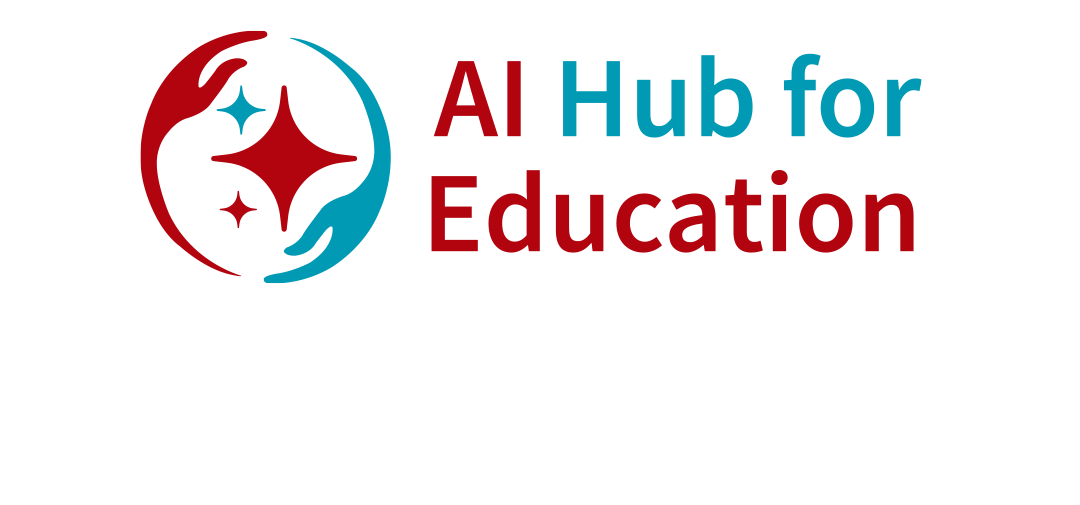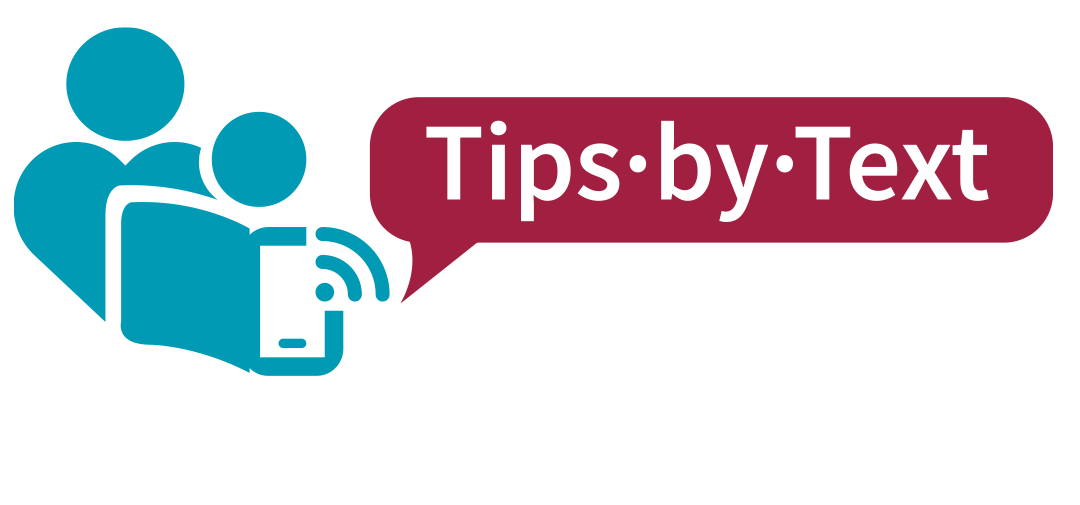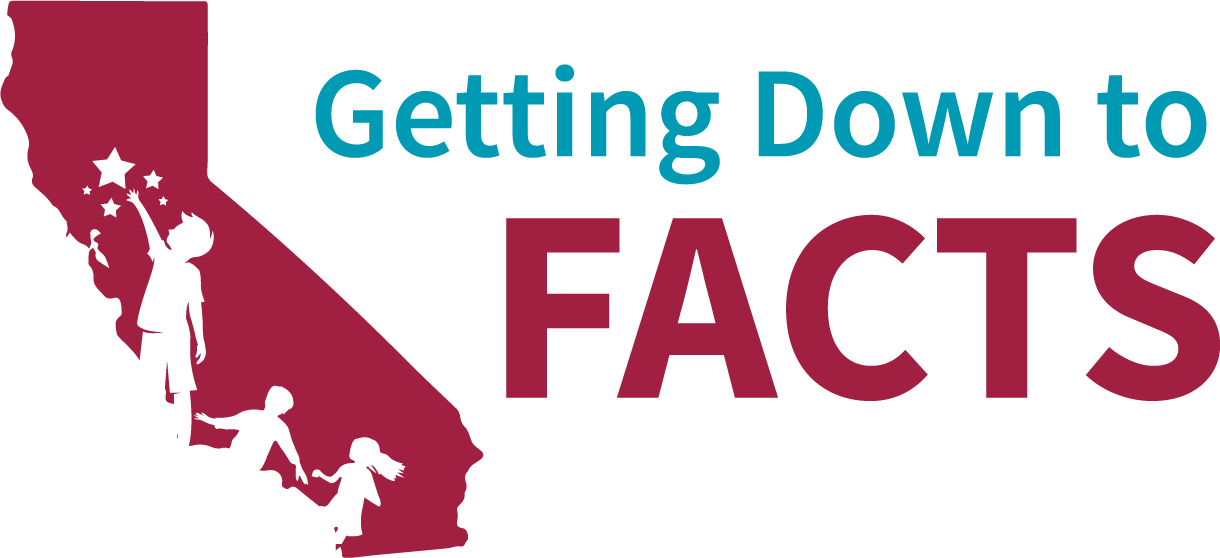At the SCALE Initiative, we conduct rigorous research in partnership with educators on how to scale promising educational solutions to advance the knowledge base, empowering practitioners and policymakers to make informed decisions that make education systems more equitable and effective for all students.
Our research falls into three buckets: understanding impact, understanding the landscape, and understanding the enabling conditions. Underpinning this approach is the potential for identifying avenues that can transform education practice and policy to increase equity and opportunities for all students.
Impact
Landscape
Enabling Conditions
Transformation
Our Approach
We conduct research on scaling promising educational solutions. These promising educational solutions can be innovations, programs, approaches, or policies that drive and shape systems change in education.
Creating systems change in education requires a multi-layered strategy. Innovations lead to evidence-based programs which in turn can inform strategic approaches to improving student engagement, relationships, and learning—and ultimately influence policy.
And, because change is ever-present, enacted policies open the door to fresh ideas, methods, and technologies, re-starting the cycle.
New ideas
New or creative interventions, methods, or technologies introduced to improve educational outcomes.
We explore bold ideas that are typically untested (or in the process of being tested).
Structured initiatives
Organized efforts or initiatives designed to improve some aspect of education, ideally with evidence of success.
We evaluate interventions to determine their potential for replication or scalability across different settings.
Strategic direction
Overarching strategies or frameworks that guide how education is implemented.
We provide research-backed guidance that shapes how educational practices are carried out.
Effective guidelines
Formal guidelines or regulations established by educational authorities or governments that shape how education systems operate.
We provide research-based evidence to help set the direction and standards for educational institutions and practice.




